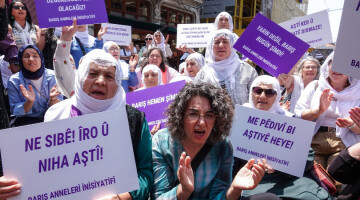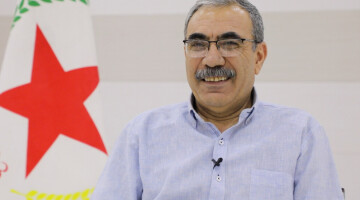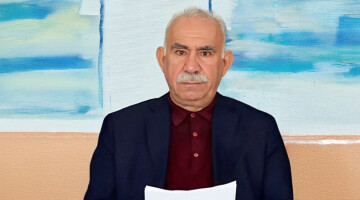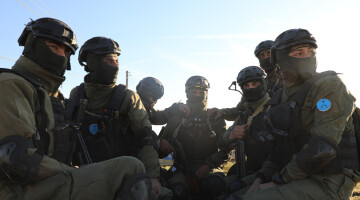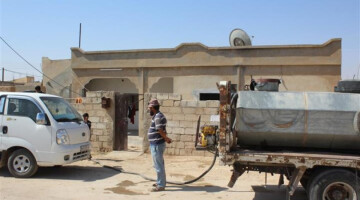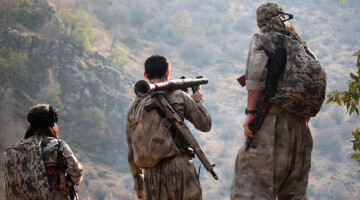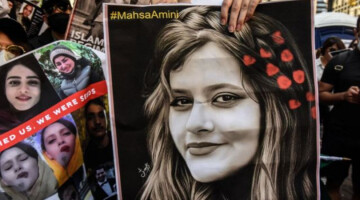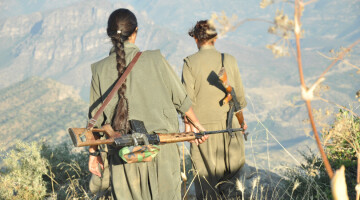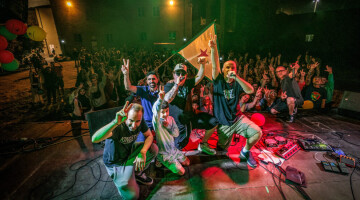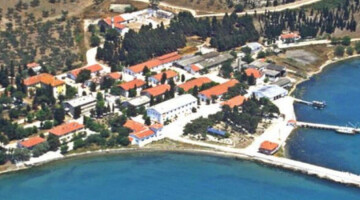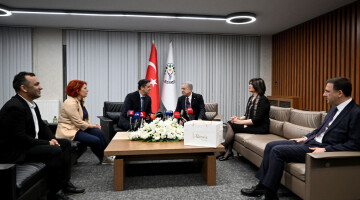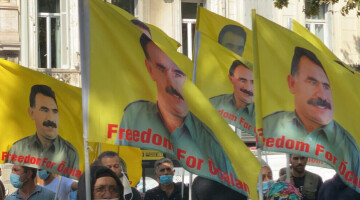The Baloch National Movement and Ronahî issued a common call to mark the anniversaries of the liberation of Kobanê and the genocide of the Baloch people.
The call said: "25th and 26th of January are very important days. These are two dates associated with pain and suffering, but also with hope and strength. 25 January, the day commemorating the genocide of the Baloch people, and 26 January, the day of the liberation of Kobanê, are days on which we commemorate. At the beginning, we commemorate all the martyrs of the revolution in Kurdistan and Balochistan with love and respect in the person of the martyrs of Balochistan and Kobanê."
The call added: "It is important for every freedom movement to commemorate. We commemorate not only to remember, but also and above all to understand. Those who gave their lives, their souls and their whole being in the belief of making life possible for others: How did they live? What drove them? To what and to whom was their love directed? What did they hate?
The secret of life lies hidden in their legacy, because through their dreams they have overcome the material limits of their bodies. They have become immortal. Their dreams became those of others and thus live on. So to understand how we can live for the freedom of our peoples, we must take the lives of the martyrs as an example.
On 25 January 2014, three mass graves were discovered in the region of Khuzdar (At Tootak), Balochistan. Only two of the more than 169 people murdered could be identified. Since then, the Baloch Yakjehti Committee (BYC) proclaimed 25 January as a day of remembrance of the Baloch genocide. The genocidal policies of the state of Pakistan have claimed thousands of lives for decades. We condemn the attacks of the Pakistani state against the Baloch people and express our solidarity with all resistant forces in Balochistan."
The call continued: "At the same time, on 26 January 2014, IS was defeated in the small town of Kobanê in north-eastern Syria and the town was liberated from Islamist occupation after several months of fierce fighting. Several thousand people lost their lives in the resistance, including dozens of internationalists from all over the world. The day of the liberation of Kobane reminds us that even in the deepest darkness, resistance sparks a light. We see that a strong will and love of freedom can crush any great power, even if it requires many victims.
Whether fascism comes from Pakistan or Turkey is irrelevant. On these two special days, we call for international solidarity. Fascism has its roots in a system of domination and violence that is thousands of years old. But resistance to this system has always existed and has always been the side that defended humanity and its values. The socialism of the 21st century is based on the friendship of peoples. We therefore once again express our solidarity with the freedom movements in Kurdistan and Baluchistan and greet all comrades in the resistance!"


